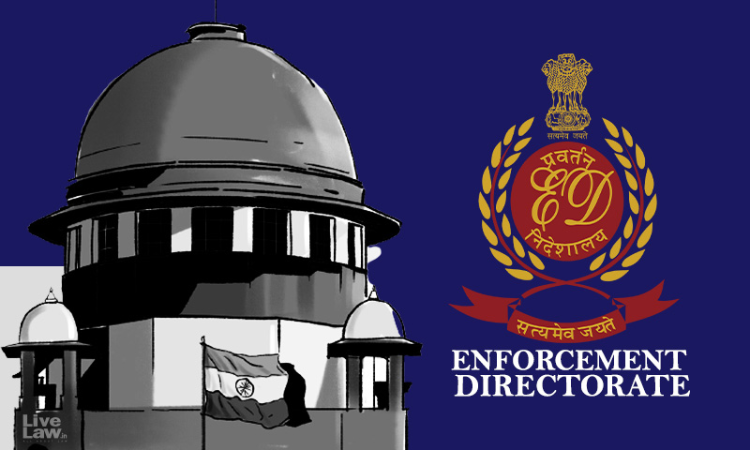PMLA Provides Highest Benchmark For Arrest; Money Laundering Grave Offence As Victim Is National Economy, Says Supreme Court
Mehal Jain
15 Feb 2022 8:33 PM IST

Next Story
15 Feb 2022 8:33 PM IST
The Supreme Court on Tuesday orally remarked that the fact that the PMLA Act contemplates a maximum punishment of 7 year' imprisonment for the offence of money-laundering does not take away from its gravity, and that the offence may well be "graver" in the sense that it does not affect just one individual but the victim is the national economy.A bench comprising Justices AM Khanwilkar,...
